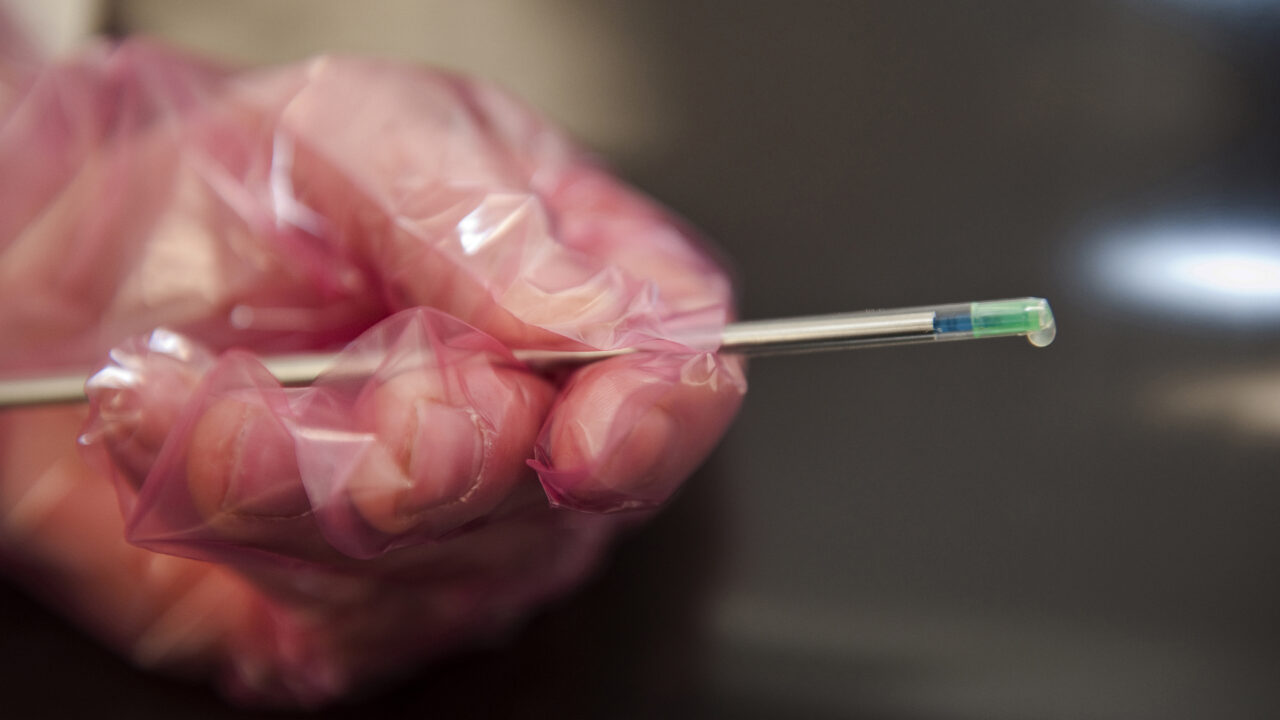LIC Ireland has today announced that its Irish customers will not be required to sign a new contract in 2017.
This decision has been made in the wake of, what LIC says is, some confusion within the market around the implications of these new arrangements.
The contract stipulates that a farmer cannot sell a bull calf, bred through the use of semen from LIC, onto another AI company for a period of five years after its birth.
It was confirmed that should farmers not wish to sign the contract then they will not be able to purchase the semen.
Now, LIC has said that in an effort to find a solution that will support Irish farmers, the Irish dairy industry and protect the investment that LIC has made, LIC Ireland has confirmed that its Irish customers will not be required to sign a new contract in 2017.
This is as it “endeavours to collaborate” with its partners over the next six months to reach an agreement that satisfies all parties.
Investment in herd improvement and genetics made by LIC in New Zealand, along with the newly introduced EU regulations recently reviewed meaning that In-Quarantine regulations have gone from 104 days previously, down to just 30 days for LIC’s European Bull Stud, has enabled LIC to process more of their elite genetics earlier than ever before.
LIC has said that while this offers Irish customers a wider range of choice, it puts the company under greater pressure to protect its intellectual property.
These quarantine changes have meant that elite “high-demand” sires are available for use in Ireland before they can even be used in New Zealand in some cases, meaning LIC must protect its IP.
Commenting on the move, Mark Ryder, LIC’s European General Manager, said that LIC has a proud 20-year history in Ireland, and it wants to continue to improve the prosperity, productivity and efficiency of its Irish farmers.
We have decided to put a stay on the requirement for farmers to agree to the new contracts for the remainder of 2017, while we devote the next six months to reaching an agreement with the ICBF.
Due to the requirement for IP protection, there will be an unavoidable delay in getting some bulls into Ireland during this time, as these bulls are only permitted in markets where IP protection is already in place, LIC confirmed.
“We are disappointed to find ourselves in a position where we have to restrict access to some of our elite bulls which pose the greatest IP risk, but after five important years working to review these EU regulations in New Zealand so we could provide Irish farmers with the best product available, we firmly believe in our future here, and we want to find the best solution that services Irish farmers, while providing our shareholders with the IP protection they need.”
A statement from LIC said that although the large majority of LIC’s Irish customers have signalled their willingness to agree to the new terms and conditions, there has been initial resistance from some industry stakeholders, whose relationship LIC values, however it is committed to finding a solution and will work tirelessly with Irish farmers during this period to ensure that happens.
Therefore, LIC will still allow some of their Premier Sire bulls to be sold into Ireland, as the it demonstrates its commitment to creating great cows for farmers here.
To continue to provide Irish farmers with the best cattle, LIC believes that these measures are a necessary requirement, ensuring it can deliver the very best in technology to Irish farmers.
“We want to find an agreement that satisfies all parties involved, and for that reason, we’re willing to suspend the requirement to sign a contract for the remainder of this year, while we continue to work with our industry partners for the benefit of Irish farmers.”
